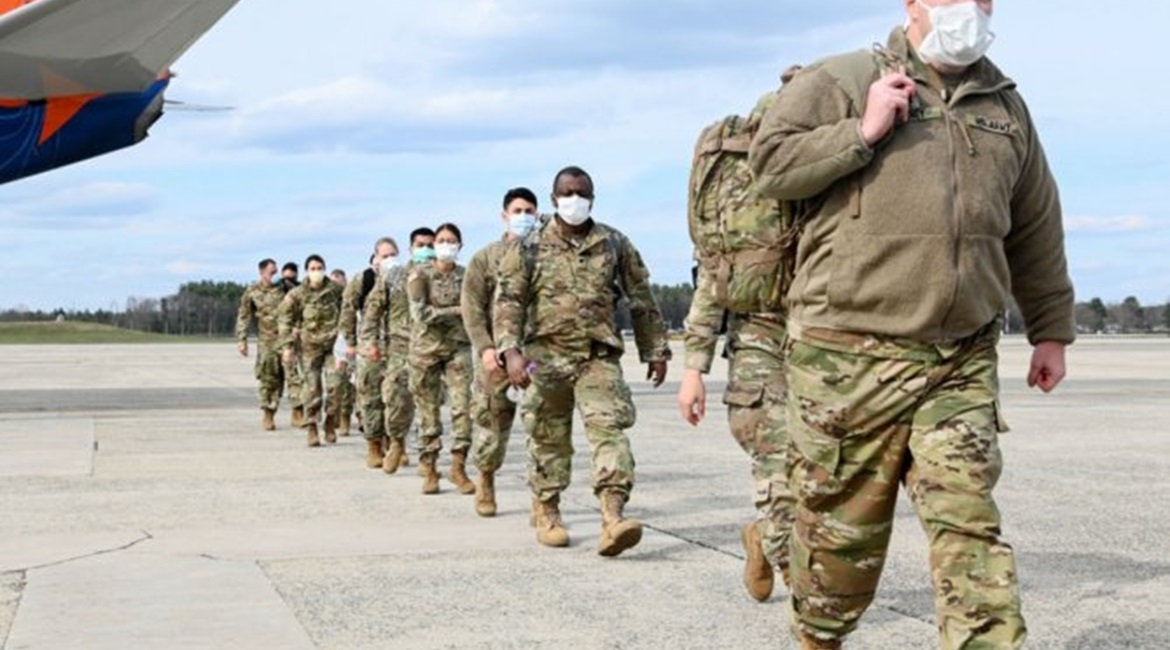
The US Department of Defense (DoD) directorate responsible for collecting, analysing and disseminating geospatial intelligence (GEOINT) is launching a new research and analysis programme, designed to help top civilian and uniformed officials defend against future outbreaks of viral diseases, such as Covid-19.
The National Geospatial Intelligence Agency (NGA) issued a revised Broad Agency Announcement (BAA) solicitation to industry on 5 August, seeking support for a programme dubbed “Modeling the Path to COVID-19 Recovery,” according to agency documents. Agency officials have set aside USD600,000 to finance the programme, which is expected to last 12 months, according to the BAA.
According to the programme’s scope of work included in the BAA, NGA officials are seeing industry-led analytical studies exploring the early stages of the Covid-19 pandemic, and how the spread of the virus was affected or accelerated by factors associated with “the nexus of human behaviour, human mobility, and spatial heterogeneity in infectious disease transmission”.
In the end, agency officials and industry counterparts are aiming to create a proof-of-concept analytic software tool for the NGA, based on the BAA’s analytical studies, that will help predict the spread of infectious diseases when associated with the use of non-pharmaceutical interventions (NPI’s), such as social distancing and the wearing of personal protective equipment.
“To more effectively combat viral respiratory pandemics of the future, the biodefense enterprise must develop data-driven frameworks for the implementation and relaxation” of NPI, the solicitation stated.
The Covid-19 pandemic, compared to other cataclysmic outbreaks of infectious diseases, “offers a valuable case study for retrospective analysis of the interplay between these epidemiological and sociocultural variables in the context of NPI deployment,” NGA programme officials wrote.

Looking to read the full article?
Gain unlimited access to Janes news and more...






